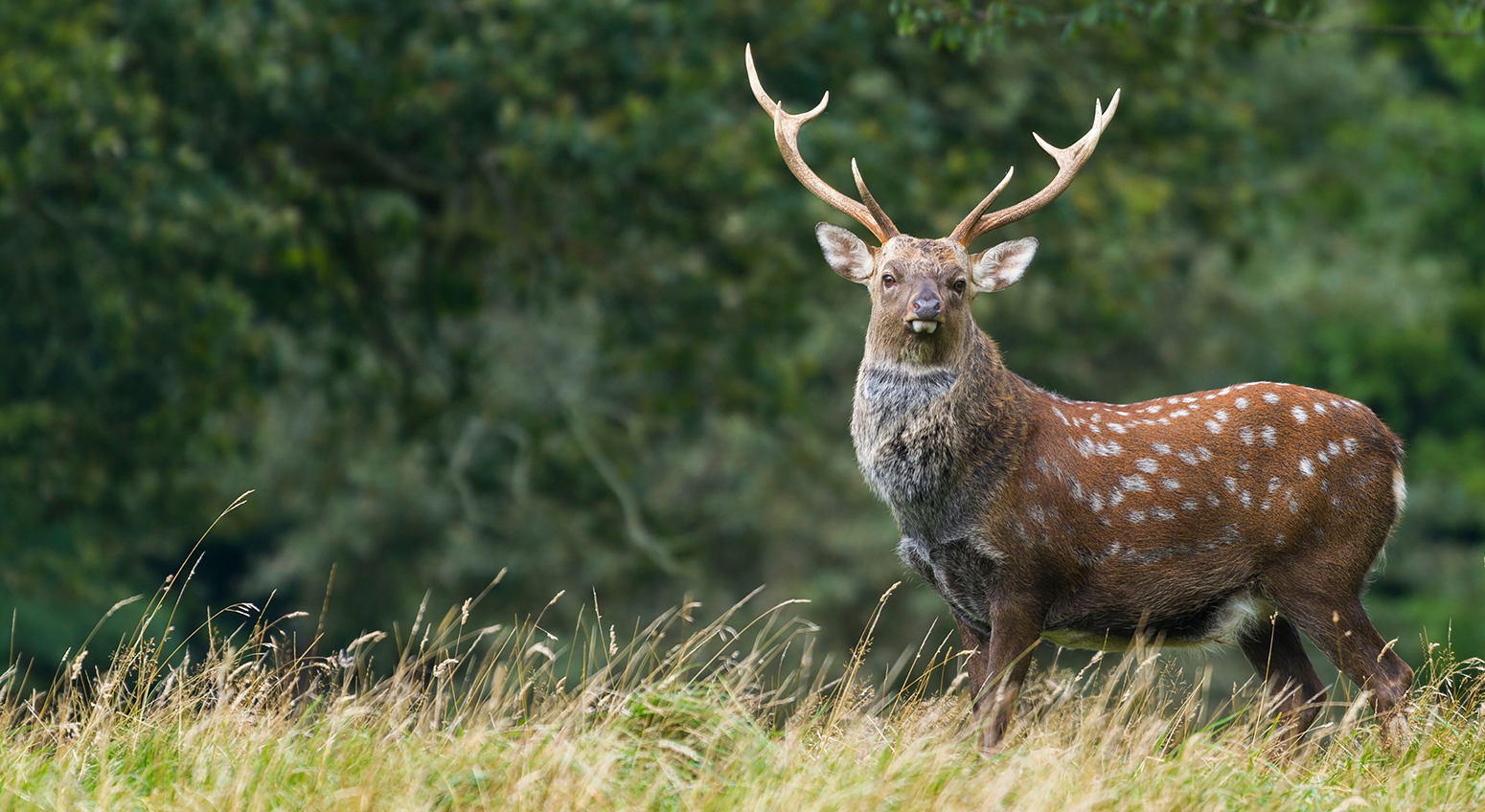
18 Jul 2025 EU updates Invasive Alien Species list: What the latest decision means for hunters
On 20 June 2025, the EU Committee on Invasive Alien Species (IAS) made key decisions that directly impact hunters, game managers, and rural communities. A total of 26 new species were added to the Union list, including three that are of particular relevance to hunting and wildlife management.
Species in the spotlight:
Sika Deer (Cervus nippon)
- Debate: Some Member States argued for local management instead of EU-wide listing.
- Hunter impact: The listing will restrict movement, breeding, and management of Sika deer populations.
- Commission’s view: Listing is justified due to hybridization risks with native red deer and ecological damage. However, the EC acknowledges that hunting remains a valid management tool.
- Outcome and caution moving forward to national implementation: While the listing is now confirmed, it is crucial that national authorities implement the regulation with balance and flexibility. Sudden legal changes could undermine well-established local management systems. FACE urges therefore Member States to recognize regional differences in Sika deer populations and impacts and engage with hunters in decision-making.
North American Mink (Neogale vison)
- Controversy: Strong opposition from Member States and stakeholders due to its role in the fur industry.
- Hunter impact: Its inclusion could affect predator control strategies and gamebird conservation (potentially more government funding for American mink control).
- Outcome: Listed, but with a 2-year transition period to allow for adaptation and permit applications.
North American Beaver (Castor canadensis)
- Debate: Some Member States requested a longer transition period to adapt national legislation and management practices.
- Hunter impact: The species can alter wetland habitats, affecting game species and competing with the native European beaver. Its spread may require increased monitoring and control efforts.
- Outcome: Listed with a 2-year transition period, allowing time for Member States to prepare authorisation requests and adjust management strategies.
Interested in grants to tackle IAS – see the IUCN European Rapid-Response Fund for Invasive Alien Species

